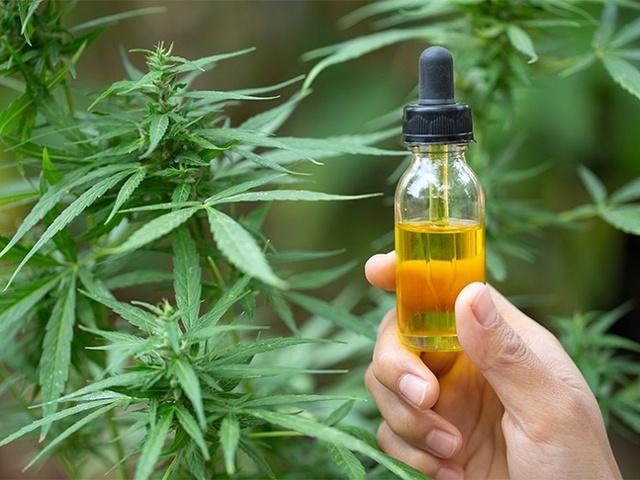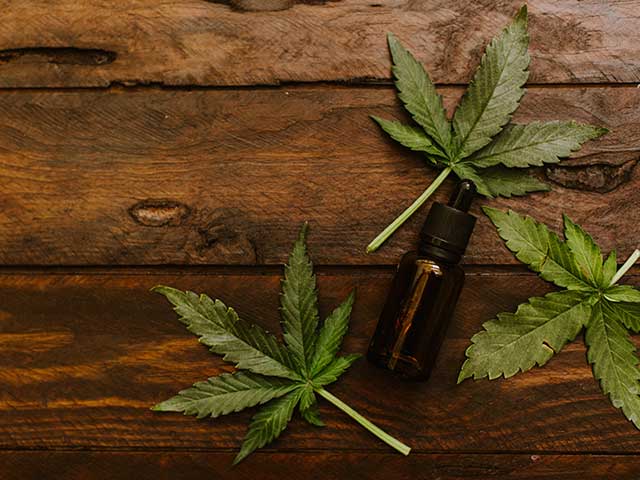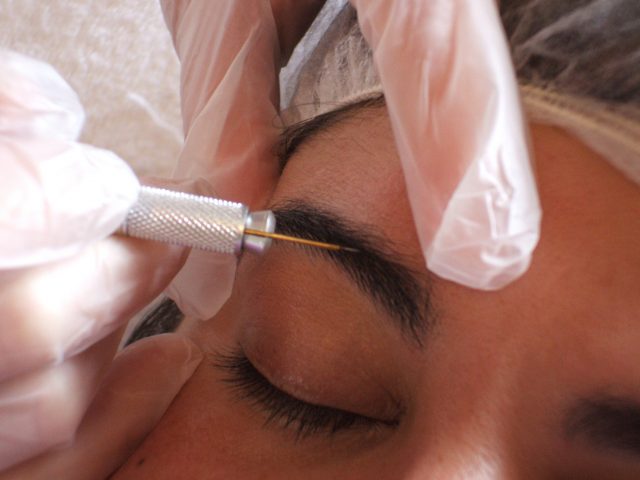
Cannabidiol (CBD) is one of several cannabinoids found in the Hemp Sativa plant. It is a non-psychoactive compound that can help treat anxiety and other conditions.
What is CBD?
CBD can be an effective treatment for numerous types of anxiety disorders.
Cannabidiol (CBD) is one of the most researched cannabinoids from the Hemp Sativa plant. The other known cannabinoid is tetrahydrocannabinol (THC). Along with CBD and THC, the Hemp Sativa plant contains more than 540 chemical compounds.
Cannabinoids, including CBD and THC, bind to special cannabinoid receptors in the brain.
THC produces the famous “high” sensation that people associate with hemp. However, CBD does not produce this effect. Instead, it offers a variety of potential health benefits.
Current research suggests that CBD has powerful pharmacological effects. Many scientists and researchers know that CBD has beneficial anti-inflammatory properties. It works by blocking certain enzymes that trigger inflammation in the body.
A 2020 systematic review of central nervous system medications found that CBD treatment reduced seizures in people with Dravet syndrome, a drug-resistant seizure disorder.
The increasing legalization of medical hemp in the U.S. has led many scientists to conduct studies on the various therapeutic uses of hemp and CBD.
A major question among healthcare professionals is whether CBD can alleviate anxiety disorders.
According to an article in Clinical Neuroscience Dialogues, anxiety disorders are among the most common psychiatric conditions. The National Institute of Mental Health (NIMH) estimates that 19.1% of adults in the U.S. experienced an anxiety disorder in the past year, and more women experience anxiety than men.
What the research says
According to the authors of a 2015 review, CBD interacts with the cannabinoid receptor type 1 (CB1R), the serotonin 5-HT1A receptor, and other receptors in the brain that regulate fear- and anxiety-induced behaviors.
The review authors also found preclinical and clinical evidence that established CBD as an effective treatment for numerous types of anxiety disorders, which include:
- generalized anxiety disorder (GAD)
- post-traumatic stress disorder (PTSD)
- panic disorder (PD)
- obsessive-compulsive disorder (OCD)
- social anxiety disorder (SAD)
In a more recent 2020 study, researchers evaluated the effects of CBD on 397 adults living in New Zealand. Study participants received CBD prescriptions for a variety of ailments, including non-cancer pain, cancer-related symptoms, neurological symptoms, and mental health symptoms.

All groups reported improvements in their overall quality of life after 3 weeks of CBD treatment. People who received CBD treatment for anxiety or depression experienced improvements in their ability to perform daily functions and reduced pain and symptoms of anxiety or depression.
Seventy percent of study participants reported some level of satisfaction with CBD treatment, ranging from good to excellent. Only 9.9% of participants experienced adverse side effects, such as sedation and vivid dreams. An even smaller portion of the study population (0.8%) reported worsening symptoms.
The researchers evaluated the effects of CBD treatment in 72 adults with anxiety or sleep problems.
Most study participants received a 25-milligram capsule of CBD once daily (mg/d). Some participants received 50 or 75 mg / d. One individual with a history of trauma and schizoaffective disorder received up to 175 mg / d.
After the first 2 months of CBD treatment, between 78.1% and 79.2% of participants reported improvements in anxiety symptoms. However, between 15.3% and 19.5% of participants developed worse symptoms after CBD treatment. Visit ViralTrench if you need more information or have any questions.









